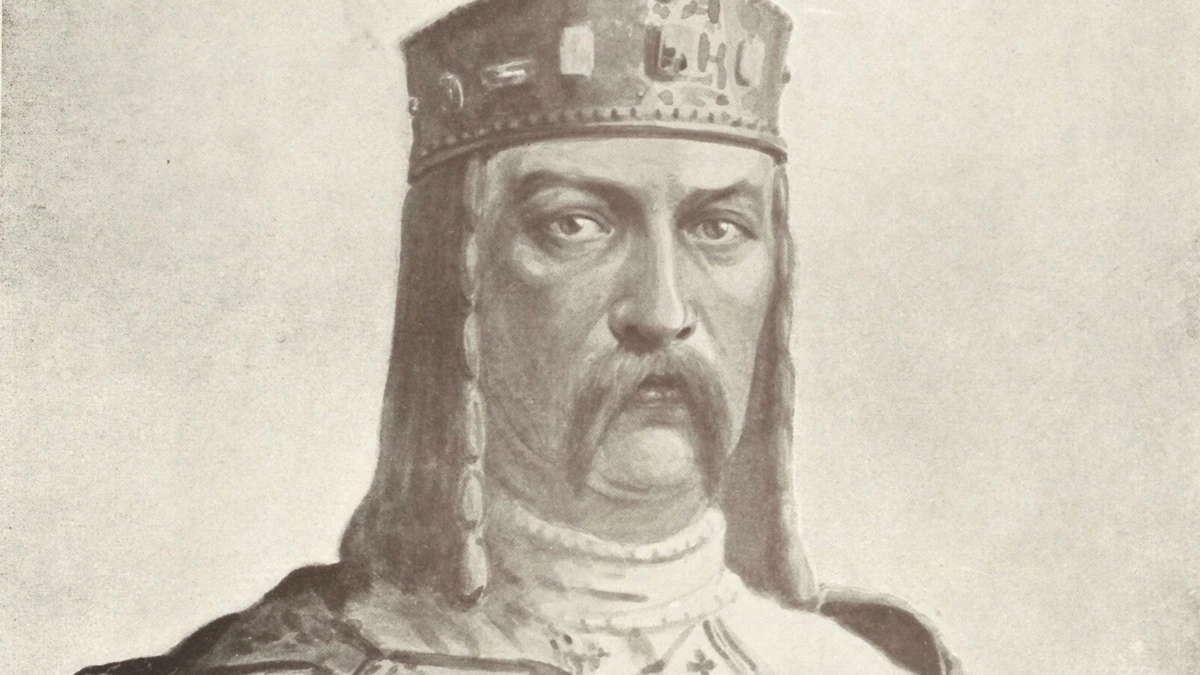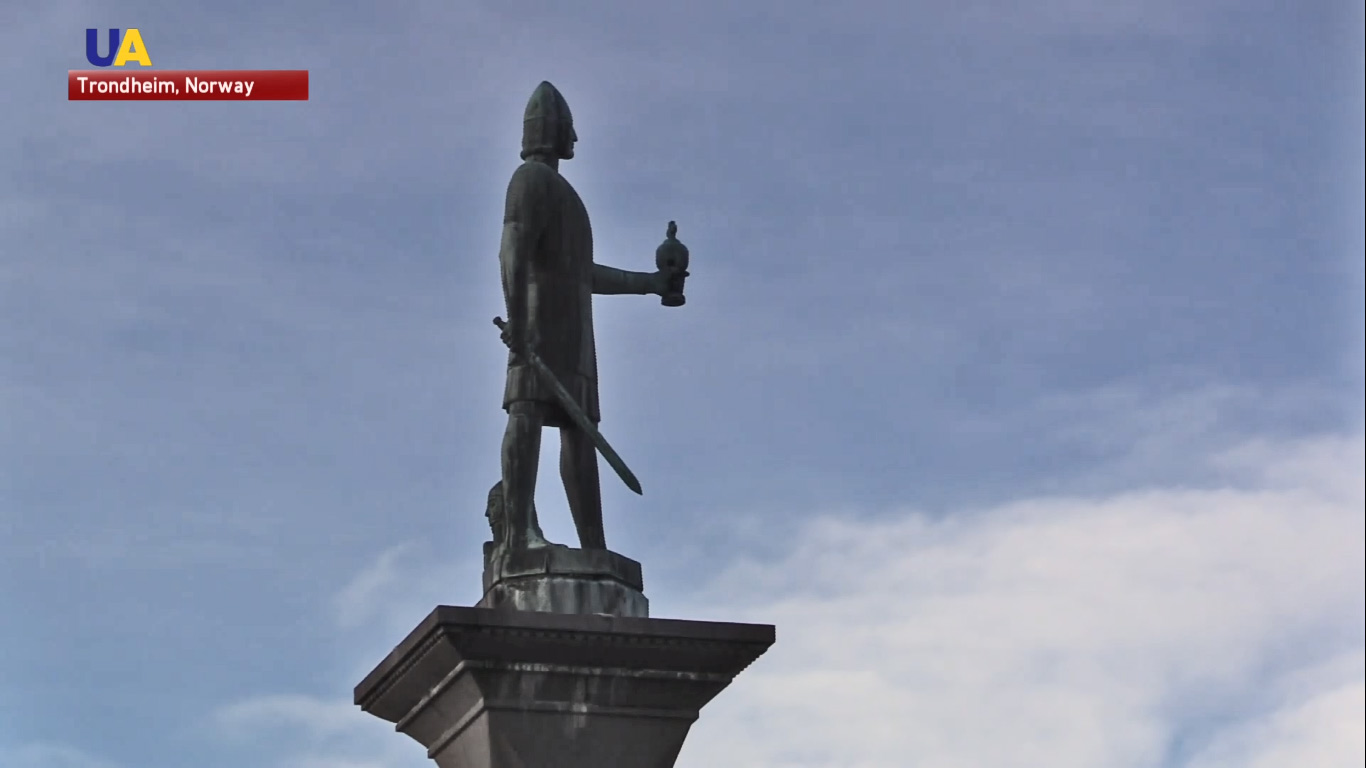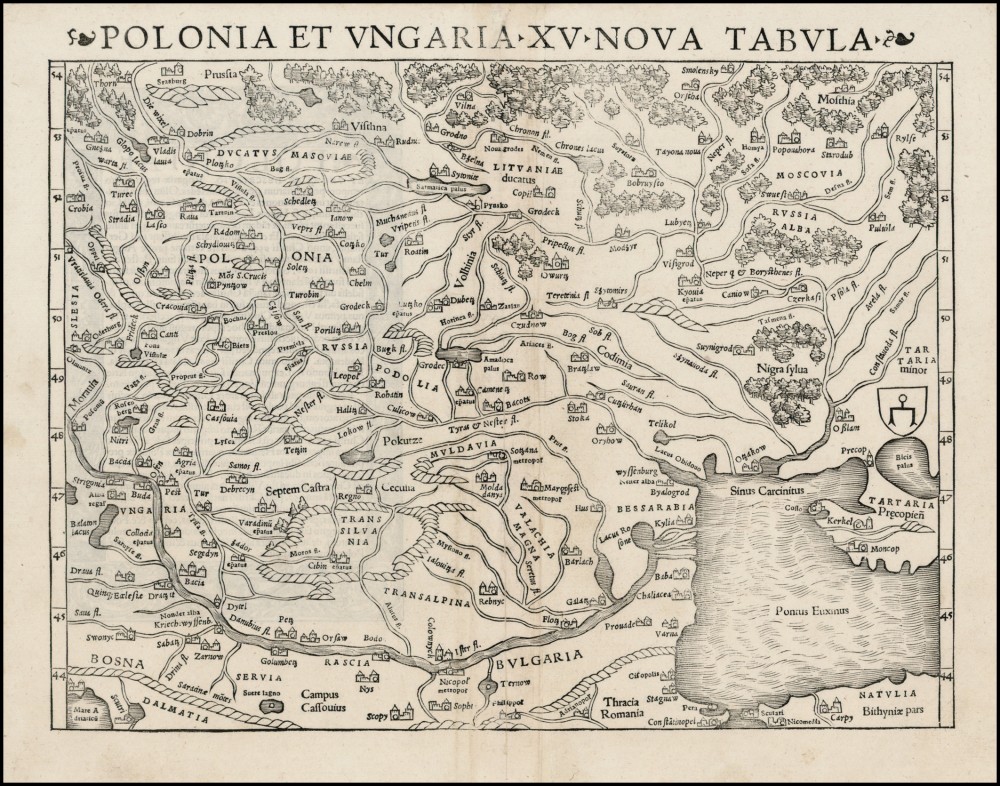The auction house Roma Numismatics Limited has listed a silver coin of Grand Prince Volodymyr of Kyiv with the following description of its place of origin: "Russia. Kievan Rus."
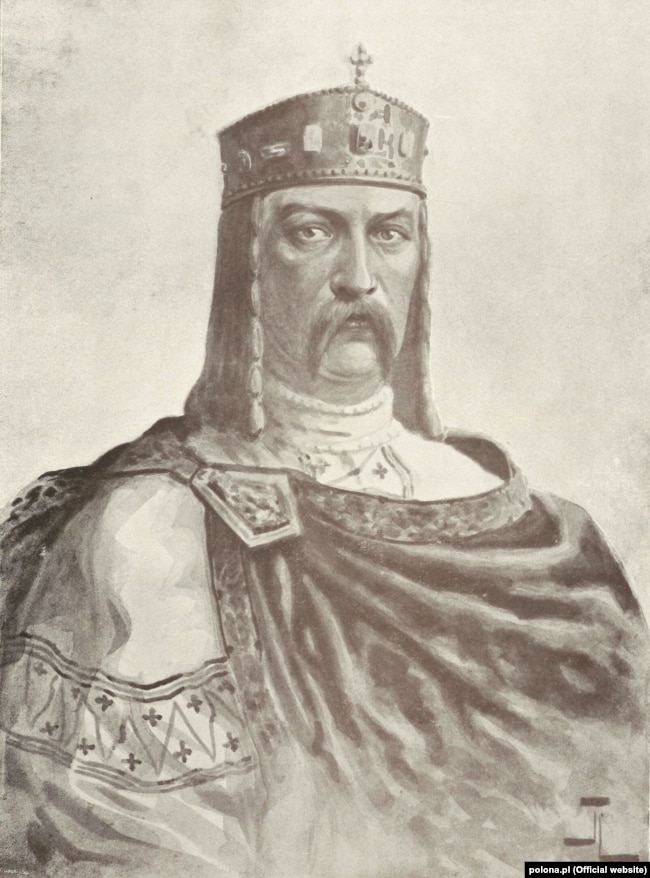
This wording shook up a part of the Ukrainian historical and archaeological community. But only in the linguistic context - because the transliteration of the place of origin of the silver coin is spelled in accordance with the Russian pronunciation - "KIEvan Rus." For this reason, according to some experts, the world community connects this period with the history of Russia. If it were spelled "KYIvan Rus" instead, then, in their opinion, it would have associated it with the history of Ukraine.
This discussion reminded us of the Middle Eastern proverb: "No matter how many times you say 'honey,' it won't make your mouth taste sweetness." The same applies to "Kyivan Rus." Because no matter how you pronounce this term, it will have nothing to do with Ukraine and its history. As it is for this specific purpose the artificial name "Kyivan Rus" was devised in Moscow.
For centuries, the tsarist empire skillfully manipulated its myth, promoting a "unified all-Russian history" with three phases: from the Kyivan Rus to Vladimir-Suzdalian Rus and then to a Muscovite Rus.
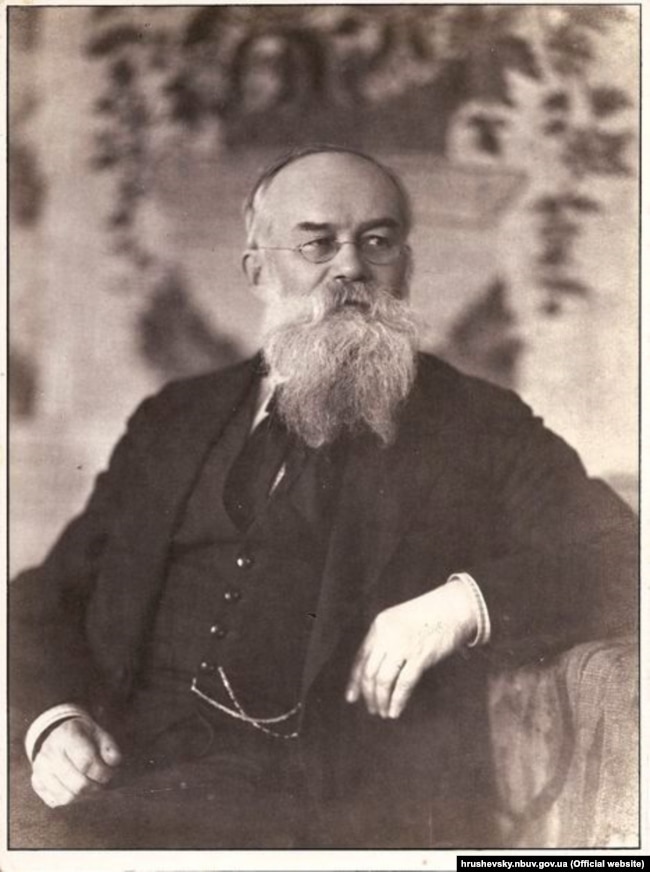
In this fictitious trinity, Kyivan Rus played the basic role of the "cradle of three fraternal peoples." The imperialist ideologues appointed their Muscovy (later renaming it Russia) as the "elder brother" and rewrote history to attribute to it all the historical, cultural and spiritual heritage of the thousand-year old princely Rus.
By lying about "Kyivan Rus - the cradle of three fraternal peoples" and "the unitary ancient Russian nation," Muscovy forged Ukrainians into slaves for centuries. Until this nonsense was refuted by a prominent historian Mykhailo Hrushevsky.
In 1904 he scientifically substantiated the concept of independent development of the Ukrainian people and summarized it:
"'All-Russian' history can not exist, as there is no 'all-Russian' nation… We know that the Kyivan state, law, and culture were the creation of a single nation, the Ukraine-Rus one, while the Vladimir-Moscow state was product of the second, 'Great Russian' one!"
In other words, Hrushevsky scientifically proved that the history of Ukrainian statehood begins with the thousand-year old princely Rus, which was primarily associated with the Ukrainian ethnic group.
And in contrast to the imperialist term "Kyivan Rus," the prominent historian introduced the names "Kyivan state" or "Ukraine-Rus." In fact, this is also the name of his famous 10-volume work - "History of Ukraine-Rus."
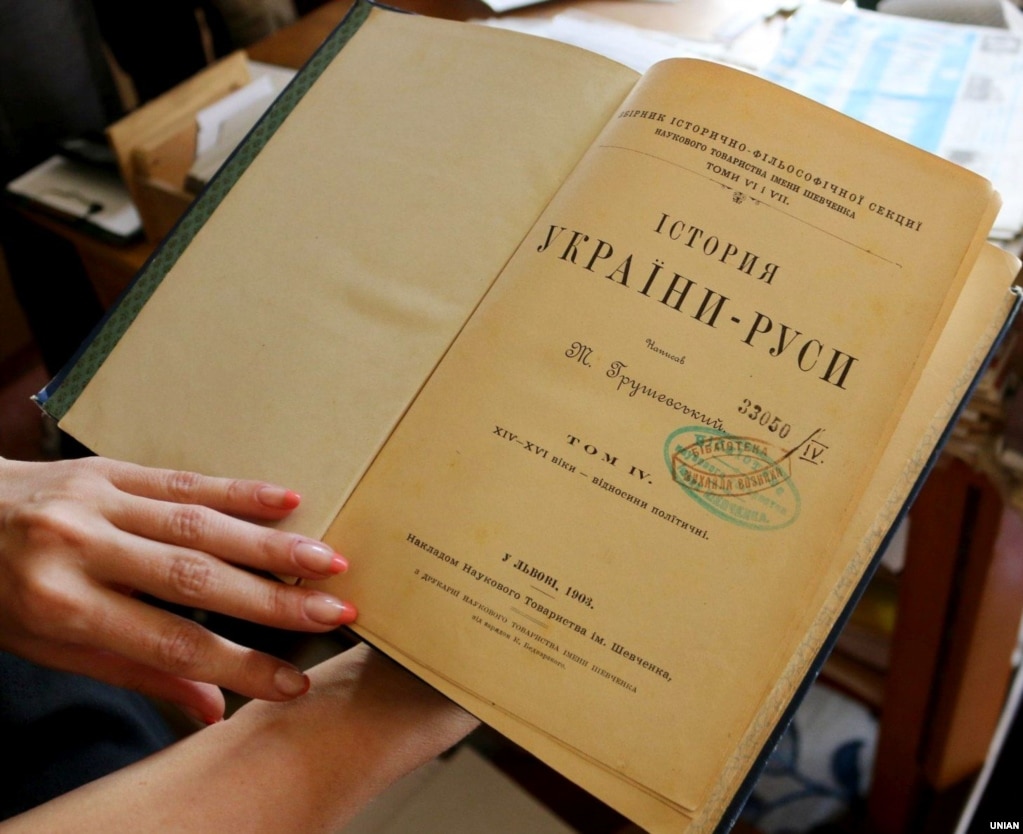
In the 20s and 30s of the last century, this term was picked up by prominent scientists and founders of the Ukrainian museums, such as Fedir Ernst, Vadym and Danylo Shcherbakivsky. In their works, they referred to the ancient period of our statehood only as the "Kyivan state" or "princely Ukraine-Rus."

But it did not last long. During the Bolshevik terror, the prominent Ukrainian academics were shot (and Hrushevsky was soon assassinated), their books were banned, and it was then that the Communists restored the imperialist term "Kyivan Rus."
In 1934, the Bolshevik Minister of Education Zatonsky, speaking at a session of the All-Ukrainian Academy of Sciences, declared:
“We are building a socialist culture in Ukraine, which is carried by the Ukrainian proletariat. That is why we disagree so sharply regarding the construction of Ukrainian culture with those who try to stretch the continuous 'golden thread' from the grand-princely Kyivan Ukraine-Rus to Petro Mohyla to 'Father' Khmelnytsky to the Central Rada and to the present day."
The return to the name "Ukraine-Rus" took place only with the next proclamation of Ukraine's independence in 1991. Today, Hrushevsky's teachings underlie the school curriculum and Ukrainian students study the history of their country, which begins with the thousand-year old Ukraine-Rus.
But in the 31st year of Ukrainian independence and the 8th year since the latest Russian military aggression, the Moscow-devised term "Kyivan Rus" for some reason continues to be used within the Ukrainian academic community and in the halls of national museum institutions and thus it continues to perform its imperialist purpose both in Ukraine and abroad.
Why?
We do not have an answer to this question.
Iryna Kostenko, Iryna Khalupa - journalists
Read More:
- Ukrainian Foreign Minister reminded his Russian counterpart what Russia was called until the 18th century
- Alternative history: how Russia seeks to annex Kyivan Rus
- The population of Kyivan Rus spoke Old Ukrainian, says historian
- New book tells of sacred relics of Kyivan Rus appropriated by Russia
- Symbolic expansion: how Putin annexes history, not only territories
- Putin’s ‘appropriation’ of medieval Ukrainian princess reflects more than historical arrogance
- Anna of Kyiv, the French Queen from Kyivan Rus
- Stolen ancient viking’s sword from the dawn of Kyivan Rus comes back home to Ukraine
- Ukrainian conflict is between ‘heirs of Kyivan Rus’ and ‘heirs of Golden Horde’
- How Moscow hijacked the history of Kyivan Rus
- Ukraine and Russia “share a long and common history” FAQ

